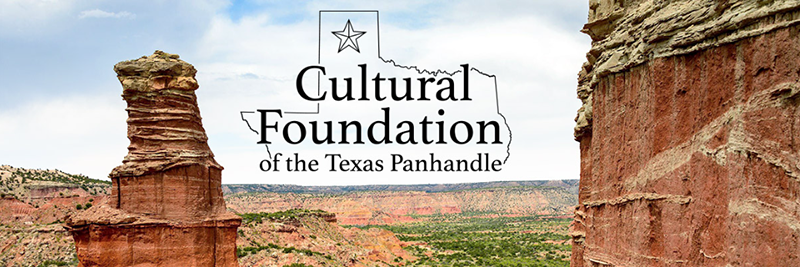
After the Nazi Blitz and the destruction of the Commons Chamber, Winston Churchill insisted in 1943 that the chamber’s plan remain the same when rebuilding was complete. Churchill believed the chamber was responsible for the two-party system of the British government, a powerful parliamentary democracy, and he quipped on this occasion, “We shape our buildings, and afterward our buildings shape us.” My bias, as an architect, is that it is the truth. The places we live shape us, and then we shape the places we live. Regions are no less places than the edifices of architects and constructors.
And so it is with our Texas Panhandle and its history. The T E X A S Outdoor Musical and the Panhandle-Plains Historical Museum are wedded to our purpose at West Texas A&M University. Our past, without a view to the future, is lifeless. The goal of The Cultural Foundation of The Texas Panhandle (CFTP) is to link together these two important entities in concert with Texas Parks and Wildlife as the stewards of one of the greatest state parks, Palo Duro Canyon.
The CFTP provides a framework where these important opportunities to appreciate our history through artifacts, storytelling and geographic appreciation are central to the future of the Texas Panhandle; we can showcase civic pride in service for their contribution to our region’s cultural life. These entities shape our values. Trust, hard work, living by the golden rule, family life, personal responsibility, patriotism/compatriotism, private and civic virtue, faith, loyalty and rugged individualism are woven together into a fabric that sustains a performance culture. The impervious ground of the Texas Panhandle, the incessant wind, the perpetual dust and the scarcity of water all work together to demand these values of the people that live here. This is not happenstance but a kind of providence at work. These same values in our nation make the Panhandle an hourglass that filters the grit of time to create a continuum of life for us,equally valued by many others, even in dramatically different settings.
I found this over and over again when visiting communities around the Panhandle. At McLean, I discovered that the constellation of roles and responsibilities was overpowered by the flexibility and commitment it takes to get the job done. Petrified bureaucracies serve little. The power of community is evidenced in Gruver, where a donated parcel of land allows farmers to grow corn to help students attend college. This is compatriotism on fire. A very successful member of the Texas leadership community, Phil Adams, former chairman of the Board of Regents of The Texas A&M University System, comes from Tahoka. Tahoka imbued in Mr. Adams several values that have served him well his entire life. He attributes his success in life to four values he learned in Tahoka: home, church, school and work.
Determination, alive in many places in the Panhandle, was most powerfully demonstrated to me on a visit to Pampa on March 8, 2017. Approaching the school, I drove down Randy Matson Avenue and thought, “I know Randy Matson.” We worked together at Texas A&M University for decades. I knew him to be a stout person. A lot of that strength came from Pampa. And the strength that follows people for the rest of their lives comes from others—not processes. And those people bond themselves together in places. Patton Springs, a tough-minded school district, is a combination of nine schools committed to doing what was right to serve the area. These are a few of the collection of examples that I have found across this region of Texas that is glued to Palo Duro Canyon.
Keeping alive the legacy of place is critical to our future. Many of these small communities feel like frontier outposts—and they are. In 2017, there were 144 students in Booker, Texas. The Texas Tribune reported an “A” accountability grade, a graduation rate of 100%—very rare, and a dropout rate of 1%—also infrequent. A community bound together by a sense of its past and an ever-challenging future is truly and remarkably bound.
The Cultural Foundation of the Texas Panhandle aims to revitalize the experience through memories and dreams of these places that call the Texas Panhandle home. The benefits are multiplied over and over again to visitors and ourselves.
It’s who we are.
Walter V. Wendler is President of West Texas A&M University. His weekly columns, with hyperlinks, are available at https://walterwendler.com/.



